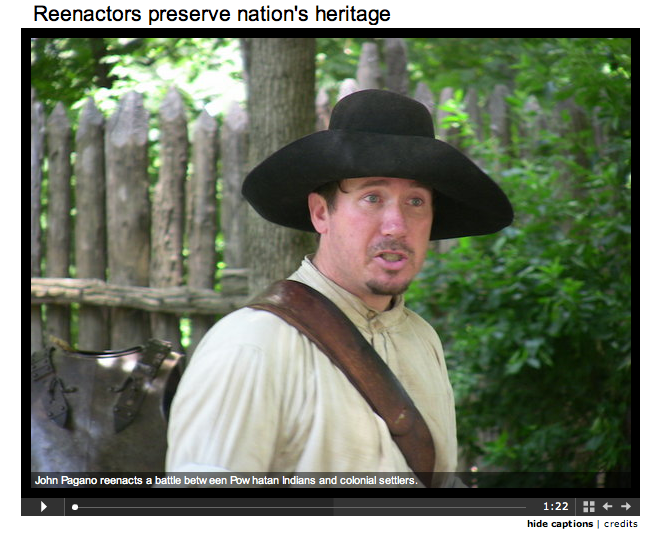It is the time of year when, with bated breath, graduate school applicants await acceptance letters. Daily, eager eyes scan mailboxes in anticipation, as this could be THE day. Bills and notices dressed in small, flat envelopes cause momentary panic, until further inspection reveals they aren’t fateful rejection letters.
You’ve done it all. Some have rushed. Some have been too meticulous. You’ve spent hours studying, brushing back up on algebra and geometry, hounding down your best references, editing and re-editing your cover letter, as well as tweaking your resume. With sweaty palms you clutched the GRE score sheet and breathed a triumphant breath there in the Kaplan test center. You’re qualified. You’re ready. You’re willing to go into debt. You’re unemployed and see grad school as a great way to survive a recession–oh, and to get some new skill sets.
And you’re not alone.
Which increases the odds of that foreboding, simple, white, rejection letter showing up in your mailbox.
The nation’s unemployment rate is still at 10 percent. There are thousands of other applicants with the same intent as you; weather the financial drought by taking refuge in an academic oasis. But a tight economy means that funding for university programs is going down, even as applications increase.
How bad is the spike?
Well, some universities have seen a 42% jump in applications. This lowers the acceptance rate and as a result, normally qualifying applicants can drown in the pool of competition. What can you do?
At this point in the game, it’s too late to get your application in early. Hopefully you did and hopefully you really fortified the weaker points on your resume. Did you consider Tier 3 schools when sending out applications? Do you have the flexibility to relocate?
Tier 3 schools range in the 50-75th percentile. This means that 50% of other schools are better, and 25% are worse. Your decision to attend a Tier 3 school should depend on several factors. If you want to practice law, business, or politics in Washington D.C., you will eventually be competing against Tier 1 and Tier 2 applicants. Yet, if you live in Florida, there are an abundance of Tier 3 schools. You need to score at the top of your class if you go into a Tier 3 school. You will also need to acquire solid experience that enhances your resume enough to stand out in the pack.
Consider the alternatives.
Suppose you don’t get into your school of choice. Do you have time to wait a year? Use the time to boost your GRE, or GMAT scores. Search for an internship situation in your field. The Humanities Indicators Project of the American Academy of Arts and Sciences claims that a quarter of humanities students will end up more than $30,000 in debt. More than 14% will owe–gasp–more than $50,000.
In consideration of that figure, here are three questions to ask yourself.
Is grad school in your field worth the debt? Can you justify accepting alternatives to your original school of choice, if it means lowering your chances of employment–while accruing debt? What out of the box scenarios will sharpen your skill set and resume while keeping debt at a minimum?
For example, suppose you want to go to grad school for mass communications. Unless you go to a top notch school where you pick up a lot of contacts and prestige, you might able to acquire some impressive skills on your own at a reduced cost. The biggest challenge will be discipline.
The internet is teeming with free resources and tutorials. Some, like Lynda, W3schools, and Poynter seminars have a price tag, but offer tremendous amounts of information. Attend conferences that have a heavy emphasis on teaching skills. The networking opportunities will also be beneficial. Buy some programs, for example, movie and photo editing, and start teaching yourself. Unless you go to a school with a heavy emphasis on production, you’re basically going to have to teach yourself this stuff anyways. Use Google and research the syllabus for Tier 1 and 2 schools. Read what they are reading. Prove that you are a writer by starting your own website and blogging frequently. You will have greater control over the content than if you were in school anyhow.
That’s just a specific example, but apply the framework to your field of choice, especially if it is in the humanities. Getting a flat, white envelope might not be a kiss of death after all. The economy will be resuscitated, and with the right focus and fervor you will find employment. You might even be able to breathe easier without debt choking you. Some consider grad school to be like signing on in the minor leagues, “Many get signed, but few make it to the big leagues.â€
Let’s not forget that higher education is a business, and not one that always serves the students interest.
*photo thumbnail used under Creative Commons licensing.














